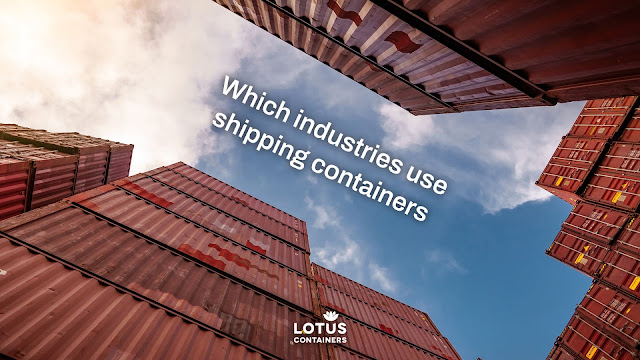How can drones help container inspection?

Container inspection is the process of detecting each shipping container before loading and after unloading it with cargo. It is a vital step in international trade, adding to national security in shipping containers crossing foreign borders. International trade has also become the hub for illegal activities where miscreants tamper with shipping containers to place drugs, weapons, human trafficking, and other illicit activities. Shipping containers are thoroughly inspected at various points during their transit to ensure cargo security and adhere to the trade guidelines of the importing country. What is a container inspection? The supply chain uses multiple shipping containers daily for international shipping. These containers are loaded and unloaded at various transportation hubs and ports and are thoroughly inspected. Container inspection is the process of examining shipping containers at container terminals , depots, or transportation hubs to ensure they meet the ISO-prescribed




